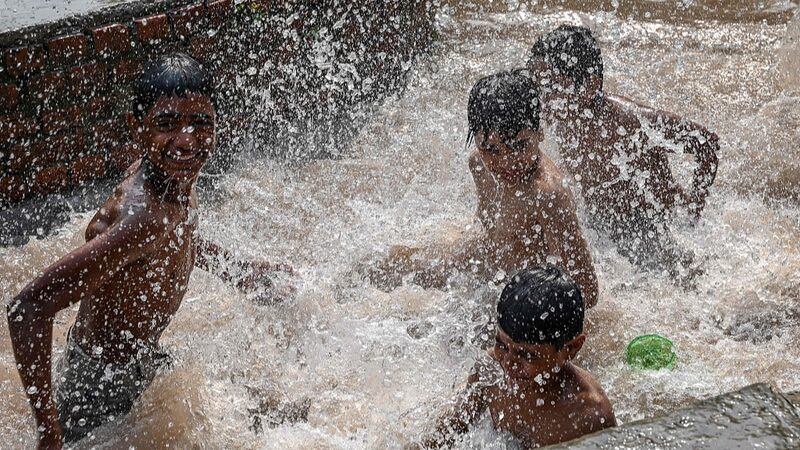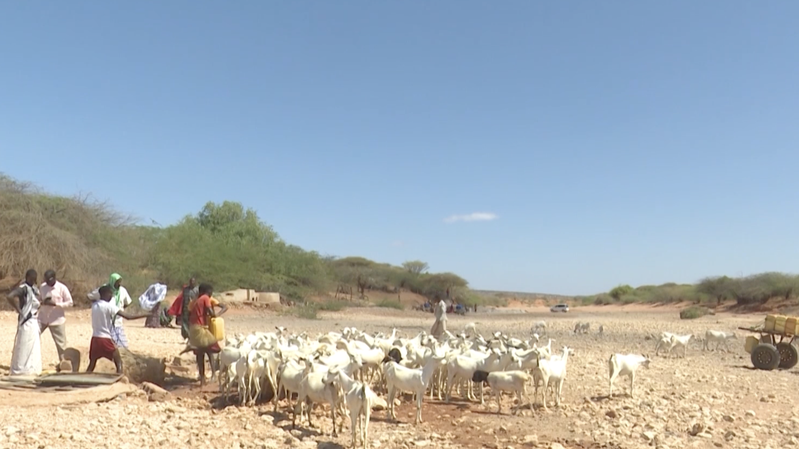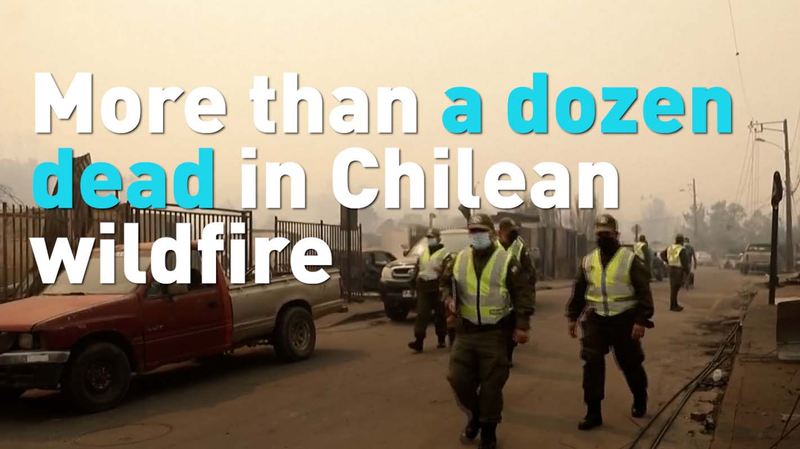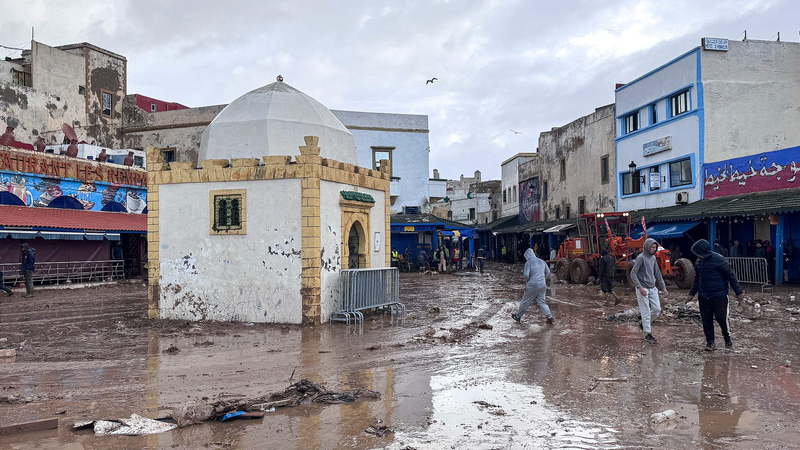Pakistan is grappling with an extreme heatwave, prompting authorities to urge residents to stay indoors to combat dangerously high temperatures and the threat of another round of glacial-driven floods.
The nation’s most populous province, Punjab, has taken the significant step of shutting all schools for a week, impacting an estimated 18 million students. This measure aims to protect children from the sweltering heat, which is expected to persist throughout the month.
\"The sweltering heat will continue this month,\" stated Zaheer Ahmed Babar, a senior official at the Pakistan Meteorological Department. He warned that temperatures could soar up to 6 degrees Celsius above the monthly average, with this week’s highs potentially exceeding 40 degrees Celsius in many regions.
This heatwave is the latest in a series of climate-related disasters that have besieged Pakistan in recent years. Melting glaciers and intensified monsoons have previously caused devastating floods, at one point submerging a third of the country.
According to the national weather center, Pakistan recorded its wettest April since 1961, receiving more than double the usual monthly rainfall. Last month’s heavy rains resulted in significant loss of life and extensive damage to property and farmland. Experts attribute the heavier rains to the ongoing impacts of climate change.
The country is still recovering from $30 billion in losses caused by the climate-induced floods of 2022, which tragically claimed 1,739 lives. In response to the current heatwave, health officials have instructed hospitals to establish emergency heatwave response centers to provide swift treatment to those affected by the extreme temperatures.
Doctors emphasize that heatstroke is a serious condition caused by rapid increases in body temperature due to intense heat. It can lead to unconsciousness, disability, or even death if not addressed promptly.
Adding to the crisis, some areas in Pakistan are experiencing prolonged power outages. \"We were without electricity for hours on Monday,\" shared Ibrar Abbasi, a resident on the outskirts of Islamabad.
Scientists have long warned that climate change, driven by factors such as the burning of fossil fuels, deforestation, and certain agricultural practices, will lead to more frequent and prolonged episodes of extreme weather, including soaring temperatures.
Babar has cautioned that another intense heatwave is expected to hit the country in June, with temperatures likely to reach up to 45 degrees Celsius. He advised people to stay hydrated, avoid unnecessary travel, and for farmers and livestock owners to take measures to protect their animals during these extreme conditions.
However, many individuals, particularly laborers and construction workers in impoverished areas, find it challenging to heed these warnings. \"I am not feeling well because of the stifling heat, but I have to work,\" said Ghulam Farid, a small general store owner in Sheikhpura, Punjab.
Construction workers like Mohammad Khursheed, 52, have reported noticing shifts in seasonal patterns. \"I feel the heat even in the morning, but people say the temperatures will go up even further,\" he remarked, highlighting the daily struggles faced by those on the frontlines of Pakistan’s economy.
Reference(s):
Weather forecasters warn Pakistanis to stay indoors ahead of heat wave
cgtn.com




